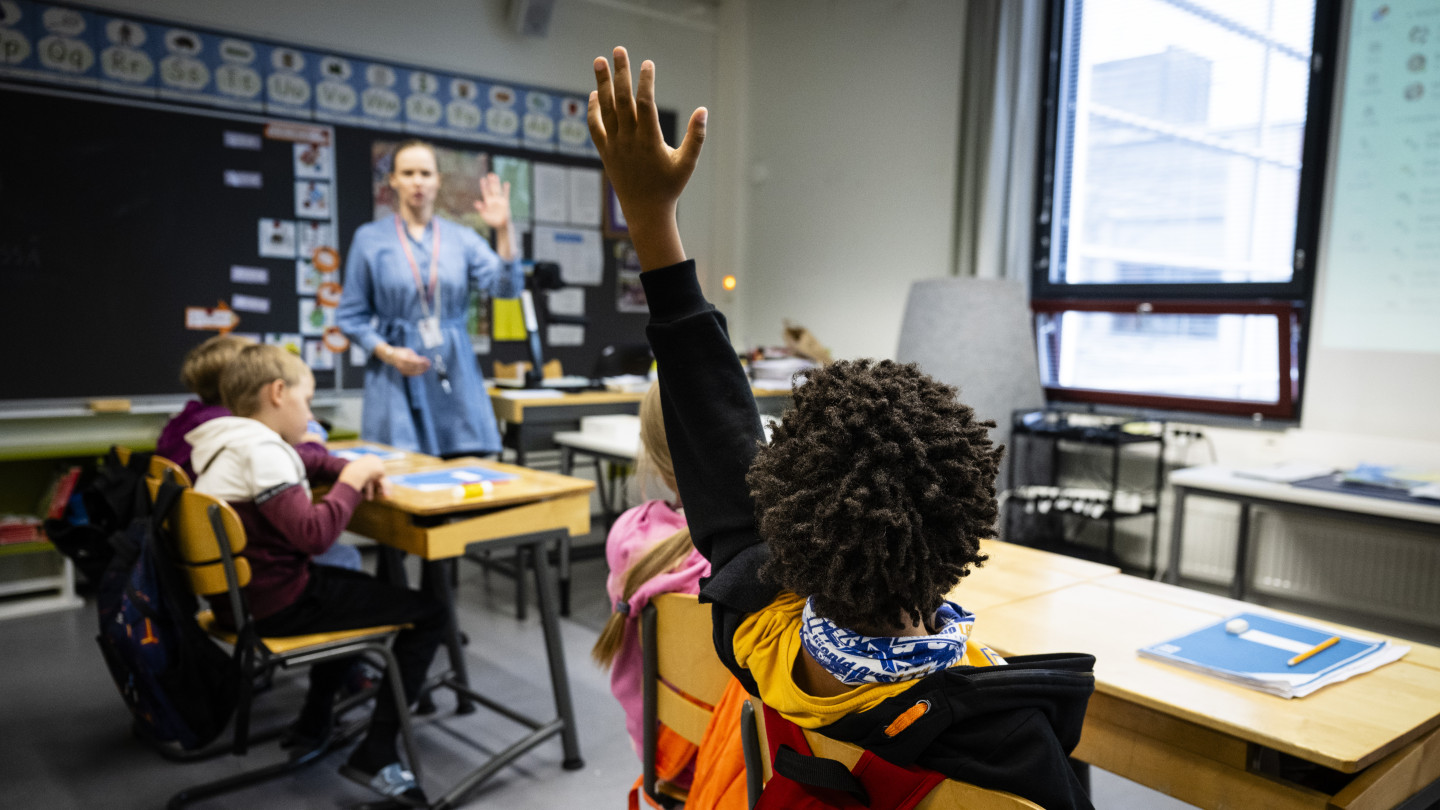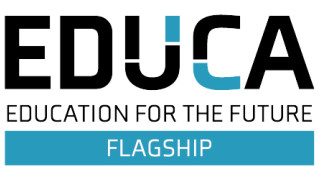How municipalities implement the learning support reform – new study led by University of Jyväskylä

In the 2025 reform, the previous three-tier support system (general, intensified, and special support) has been replaced by two forms of support: group-specific and student-specific support measures.
A project led by the University of Jyväskylä is currently investigating how the reform will be implemented in practice in pre-primary and basic education. Municipal-level data will be collected from all municipalities in mainland Finland during 2026.
The project involves the Department of Education and the Finnish Institute for Educational Research at the University of Jyväskylä, as well as the Department of Education and Psychology at the University of Eastern Finland. The project is led by Associate Professor Kati Vasalampi from the University of Jyväskylä.
Shifting the focus of support to early interventions
The reform is based on challenges observed in everyday school life, which are also reflected in national learning outcomes.
"There are many people who need learning support today, and the previous model has not been able to meet the need adequately. The reform aims to make support more accessible and above all, to prevent problems from accumulating," explains Vasalampi, who has studied school dropout rates, among other things.
From municipal level to everyday school life
The project, which began in November, will examine the implementation of the learning support reform from three perspectives. First, researchers will examine how local policies and planning have been implemented in municipalities. In addition, they will focus on individual schools and how support measures are implemented in the everyday work of teaching units.
The project also examines the division of labor and cooperation among teaching staff, as well as their views on the organization and effectiveness of support. The researchers involved in the project aim to publish their first interim report by the end of 2027, Vasalampi says.
“Since municipalities are responsible for education, it is important to obtain information about how the reform will be organized. After all, the reform will affect the lives of many children and families living in Finland.”
The project is funded by the Ministry of Education and Culture.







